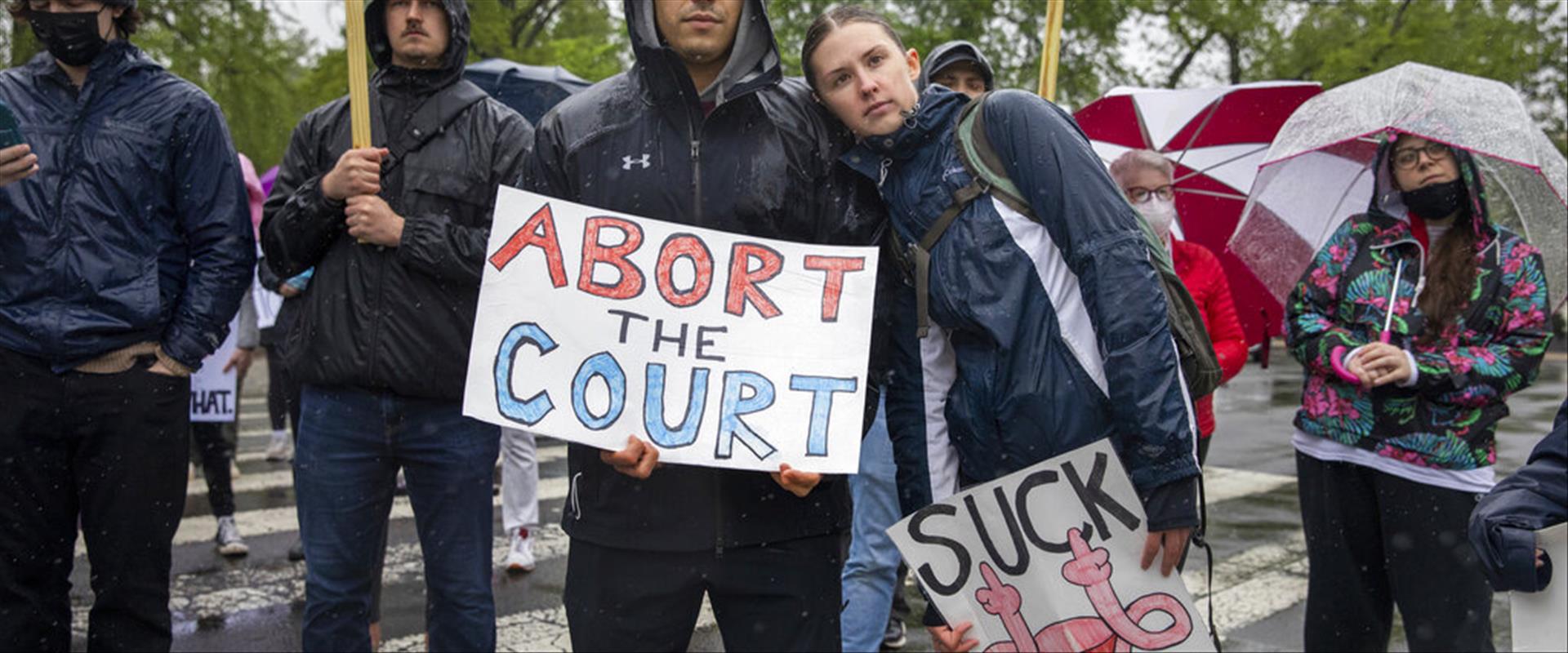Substantial US Interest Rate Hike Overemphasizes Domestic Concerns
The 0.5% hike is the first increase in 22 years and represents double the normal rate. The Fed will also begin reducing its ballooning assets next month.
Inflation is at a 40-year high due to economic overheating. It has become a burden on the U.S. economy, with soaring prices of gasoline and other commodities increasingly causing dissatisfaction among citizens.
With midterm elections coming up in November, the decision to significantly raise interest rates and reduce assets is likely intended as a two-pronged attack to reduce inflation. However, acting too hastily could push the country into recession.
The U.S. interest rate hike will also have a far-reaching effect on the exchange rates and economies of countries suffering due to the COVID-19 pandemic and crisis in Ukraine.
Emerging and developing countries are of particular concern. An outflow of funds to the U.S. with its high interest rate could lead to local economic downturn.
The Fed should aim to strike a balance between inhibiting domestic inflation and maintaining global economic stability. It needs to remain vigilant about whether the frequency and scale of its interest rate increases are appropriate for both domestic and international environments. It must not simply prioritize its own domestic concerns.
Should emerging countries impose interest rate hikes to prevent an outflow of funds, we may see some economic cooling.
This would be a severe blow to countries already struggling with energy and food prices that are constantly rising due to the crisis in Ukraine.
Another factor of concern is that the debt of emerging countries is often denominated in dollars. Raising U.S. interest rates will increase the burden of repayment and increase the risk that countries will default on their loans.
Previous monetary tightening phases in the U.S. have been associated with currency and debt crises in emerging countries. Only last month, Sri Lanka fell into partial default.
Organizations such as the International Monetary Fund should be especially attentive to trends associated with economic crises and political instability and provide necessary support.
While the central banks in major industrial nations such as the U.K. and U.S. have begun monetary tightening measures, the Bank of Japan has continued its unprecedented monetary easing and kept interest rates exceptionally low.
The gulf between interest rates in the U.S. and Japan may continue to widen, further depreciating the yen against the dollar. A weaker yen will contribute to higher prices due to more expensive imports.
The Bank of Japan should address the negative impact of a weaker yen and quickly revise its monetary policy. High prices inevitably affect the vulnerable in society the most. The government must step in to support the livelihoods of its people with appropriate fiscal policy.
While China continues its zero-COVID strategy, its economy is rapidly accelerating. City-wide measures to prevent the spread of infection could well lead to disruptions in the global supply chain. We must continue to observe the situation and remain vigilant.

